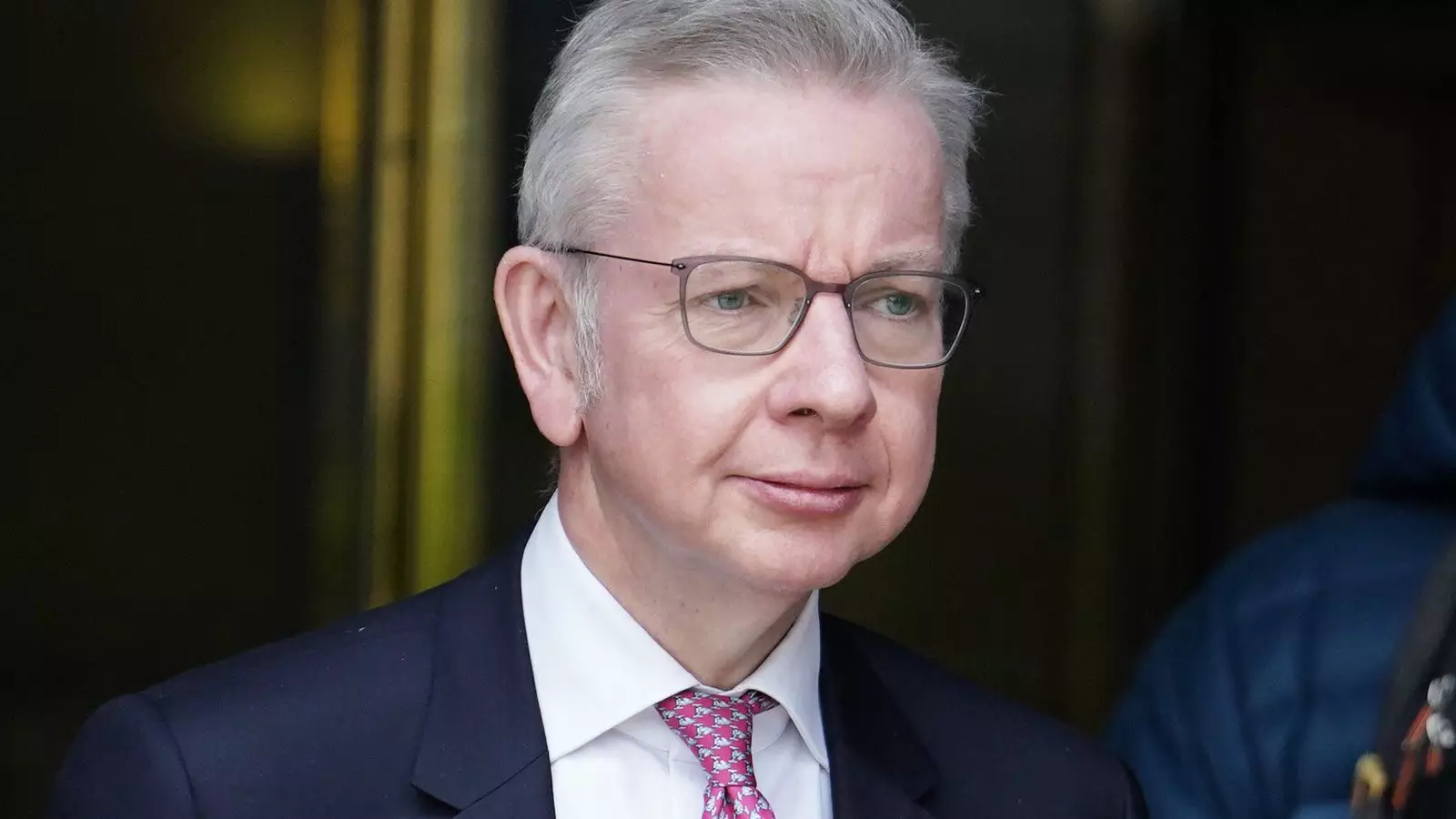The recent announcement by Michael Gove in the House of Commons regarding the reassessment of certain groups under the government’s new definition of extremism has sparked controversy and opposition from the organizations named. Two far-right groups and three Islamist organizations were singled out by the communities secretary as causes for concern. These groups now face potential bans on meeting with ministers or elected officials, as well as being ineligible to receive public funding.
Among the organizations mentioned was CAGE International, which was labeled as having an “Islamist orientation and views.” In response to the threat of being classified as extremist, their spokesperson emphasized that the group has never relied on government funding and is supported solely by grassroots donations. Moreover, CAGE International expressed confidence that the announcement would actually increase solidarity and support for their cause. The spokesperson even went as far as suggesting that Michael Gove’s actions may inadvertently lead to greater fundraising success for their organization.
The Muslim Association of Britain, another group identified by Gove, also made it clear that the potential funding restrictions would not deter their activities. A representative stated that they have never received government funding and therefore, such measures would have little effect on their operations. In fact, the group sees the government’s actions as a motivator to intensify their advocacy efforts and hold authorities accountable for their actions.
Criticism was levelled at Michael Gove for using parliamentary privilege to name these organizations, thereby shielding himself from the possibility of legal action. The spokesperson for the Muslim Association of Britain questioned the authenticity of the claims made by Gove and challenged him to provide evidence for his accusations without relying on parliamentary immunity. The organizations affected believe that the government’s intention to publish a list of officially recognized extremist groups raises concerns about the potential misuse of power in labeling certain organizations.
The revised definition of extremism now includes the promotion of ideologies rooted in violence, hatred, or intolerance that seek to undermine fundamental rights and democratic principles. It also encompasses those who facilitate or encourage others to pursue extremist goals. This updated definition represents a shift from the previous focus on opposition to British values towards a broader definition that emphasizes the threat posed by extremist ideologies to democratic institutions.
The response of the organizations targeted under the new extremism definition underscores the challenges and complexities associated with combatting extremism while safeguarding freedom of expression and association. The government’s approach to identifying and addressing extremism will continue to face scrutiny and debate as it navigates the delicate balance between security concerns and respect for civil liberties.


Leave a Reply